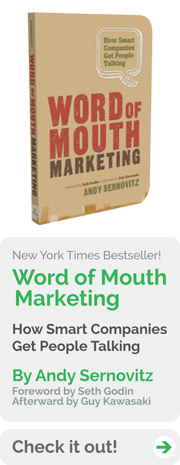3:50 — Kurt Vanderah introduces Community Medical Center’s Director of Marketing and Communications, Michelle Van Valkenburg.
3:54 — Michelle says Shel Holz told them that social media is not brain surgery, but in the medical community it really is like brain surgery.
3:55 –Michelle says CMC’s first trials in the social media space were their “Leadership Blogs.”
3:57 — Michelle asked what they could do to get their Leadership Bloggers to write more. They also took the pressure off some by doing an aggregate blog that brings in the most recent blog posts.
3:58 — Michelle says they try to do a lot to get their bloggers some attention, such as helping their bloggers partner with other content providers.
4:00 — Michelle: CMC is working to turn social media content into more traditional media and then use social media to promote it.
4:04 — Michelle: CMC uses Facebook to help bring fans of Healthcare Hero back to their community pages.
Q&A
Q: Is your corporate communications blog basically an external newsletter?
A: Michelle: No, it’s still about a personal experience with both an internal or external focus.
Q: When you do a CEO blog, is there a filter applied to the questions?
A: Michelle: All of our blogs are moderated. From our perspective, with patient privacy issues, we need to make sure we’re protecting ourselves from these issues. Corporate communications don’t always make the decisions on comments. The blogger can also make those calls.
Q: Where do you draw the line on leadership bloggers that aren’t actively blogging?
A: Michelle: Sometimes it’s clear that a person isn’t interested in writing the blogs. In that case we just work on finding other people that are interested. We just try it and sometimes it takes off and other folks just don’t find it valuable.
Q: What are some of the issues you’ve worked on with legal?
A: Michelle: It’s typically about patient privacy issues, non-solicitation policies, and union issues. The largest issues are the patient privacy issues.
Q: What do you do when your bloggers aren’t very good writers? Have you thought about ghost writing for your leaders?
A: Michelle: No, we don’t have ghost writers. I wouldn’t really recommend it and I don’t know where that has really worked. We’ll help provide grammatical help and statistics, but that’s really the limit.
Q: After you’ve got your leaders to blog, how do you energize a community of followers? Once you have those followers involved, how do you track that to bring back to your bloggers to convince them it’s worth their time?
A: Michelle: What we found is that our corporate leaders are also community leaders. If we can just get our employees engaged with their leaders, that’s really half of it.
Q: What are you using Twitter for?
A:Michelle: For the Healthcare Hero show, we use it to give updates on show times and upcoming events. We also got a lot of bloggers and media people reaching out to us about our work.


